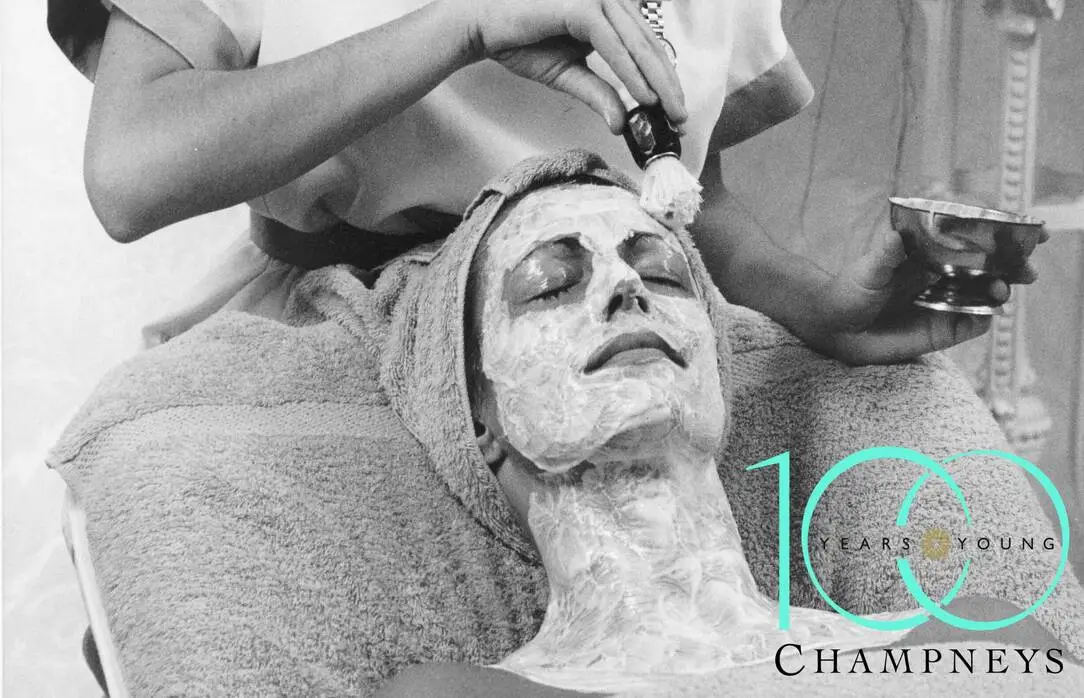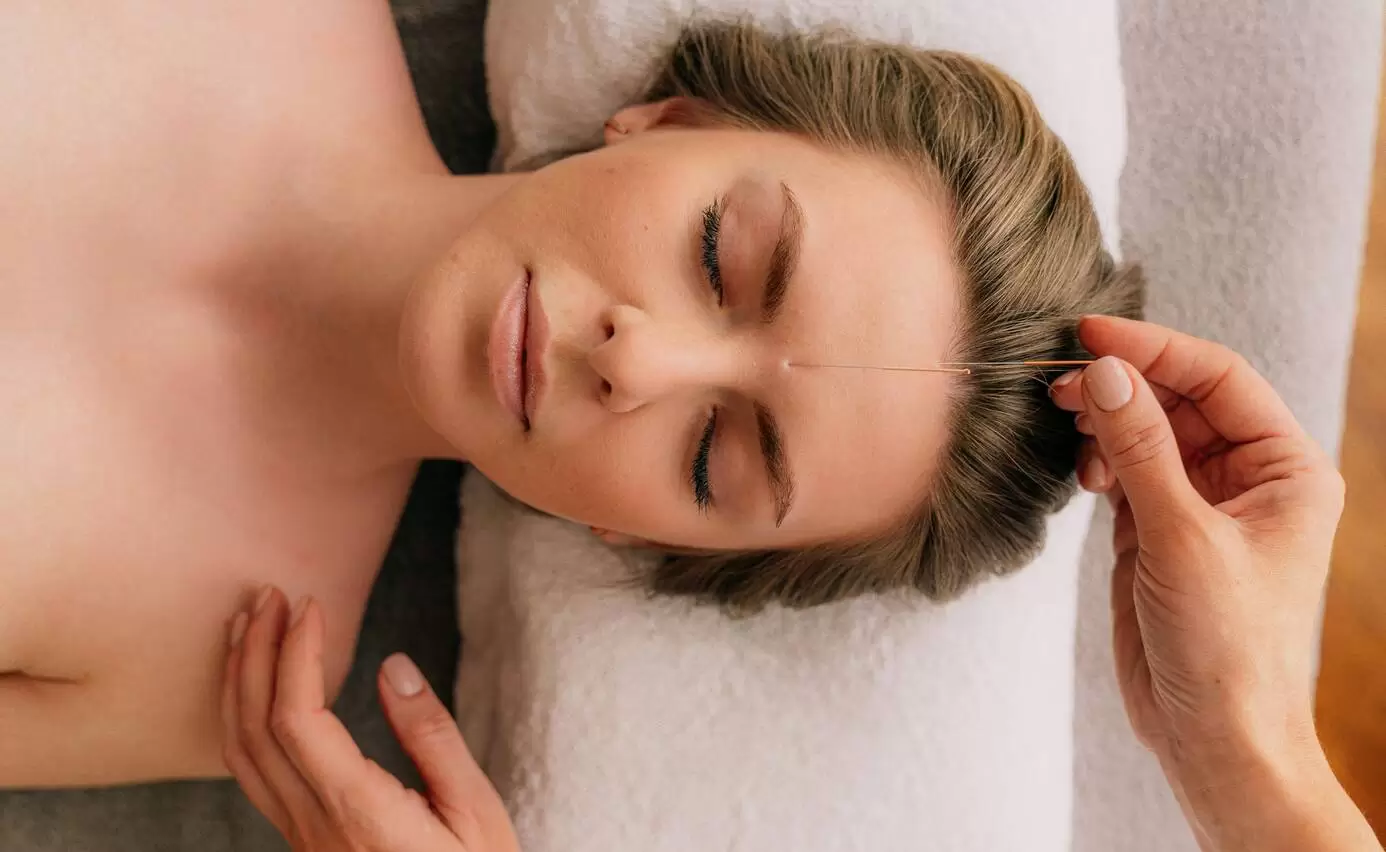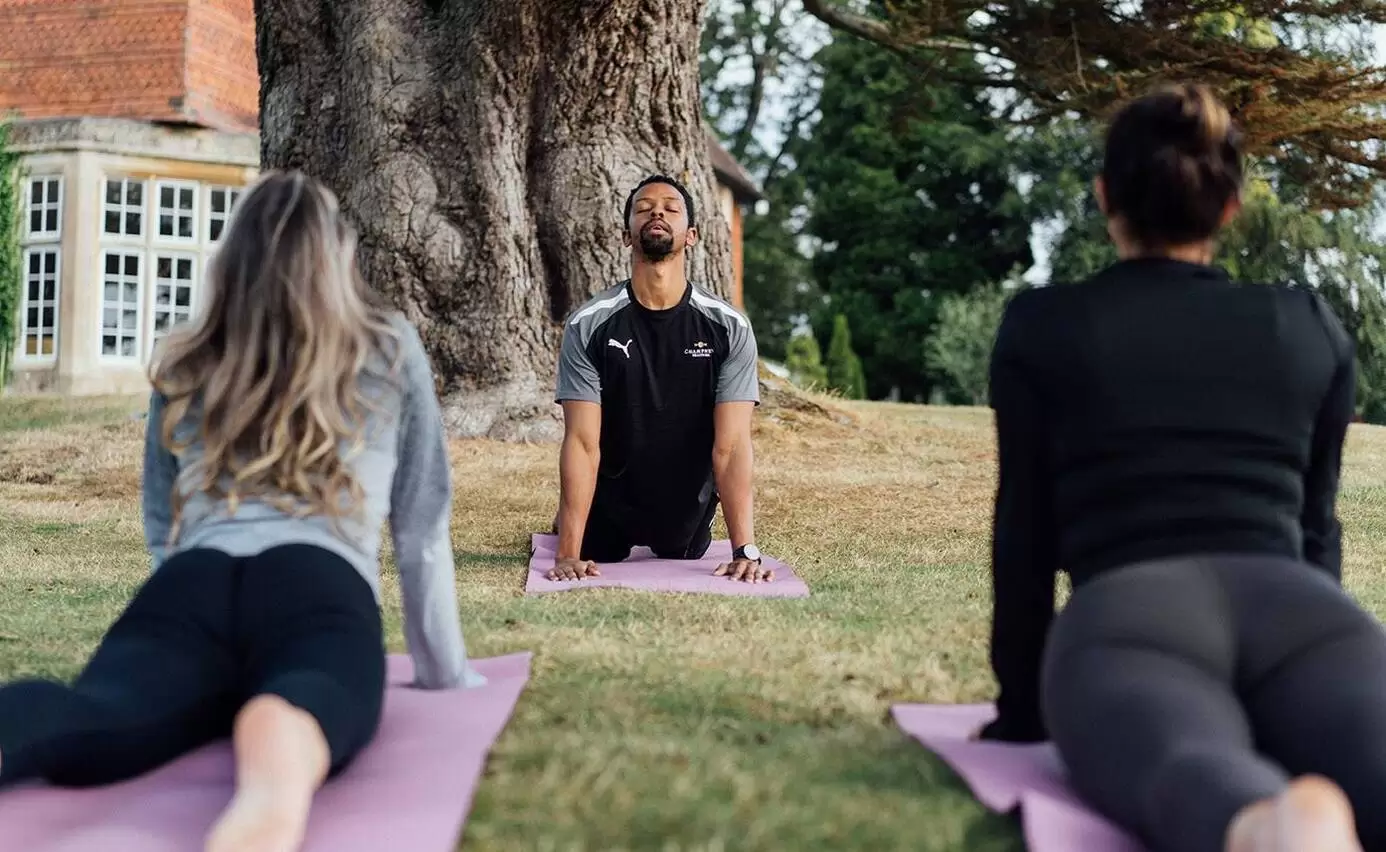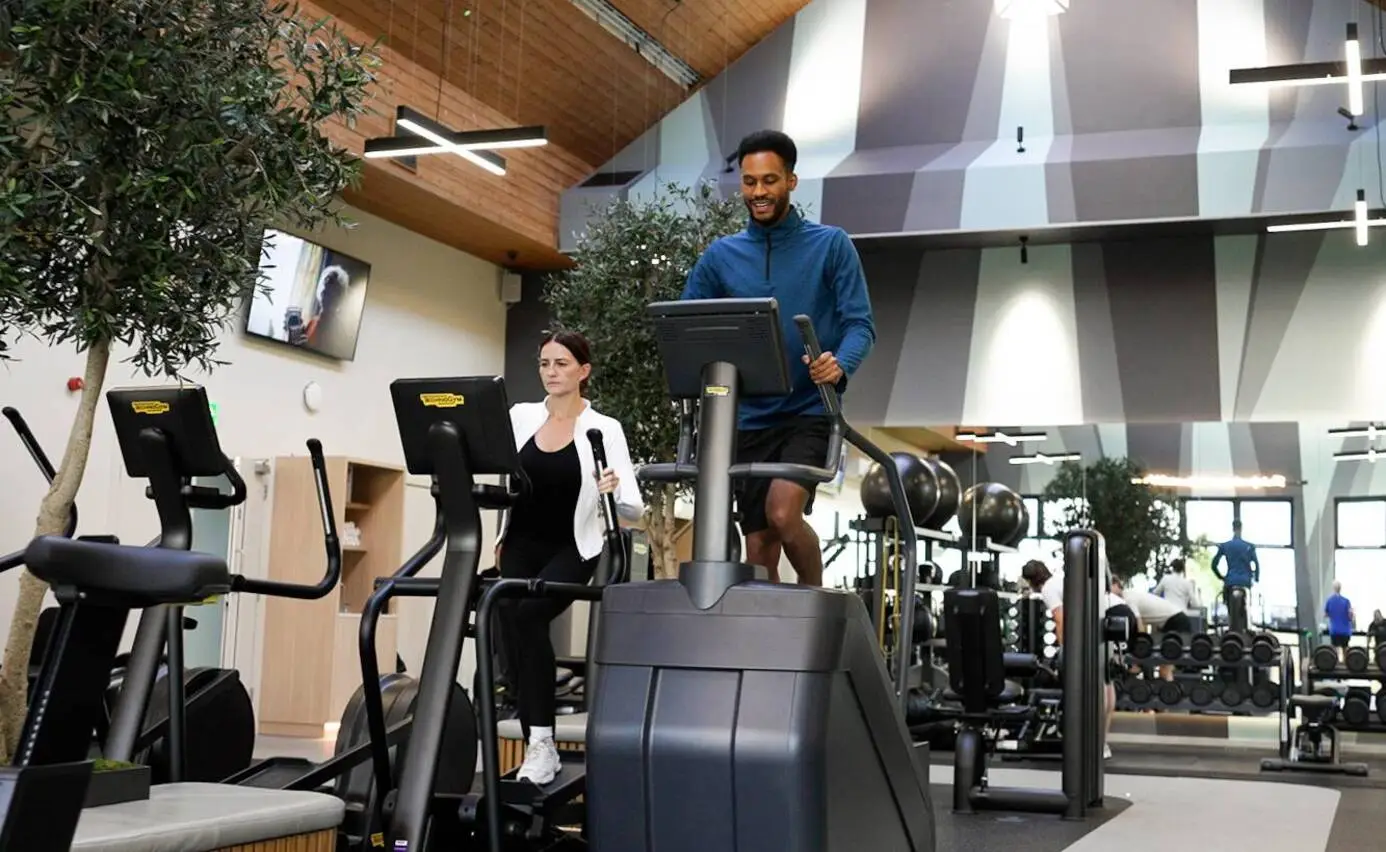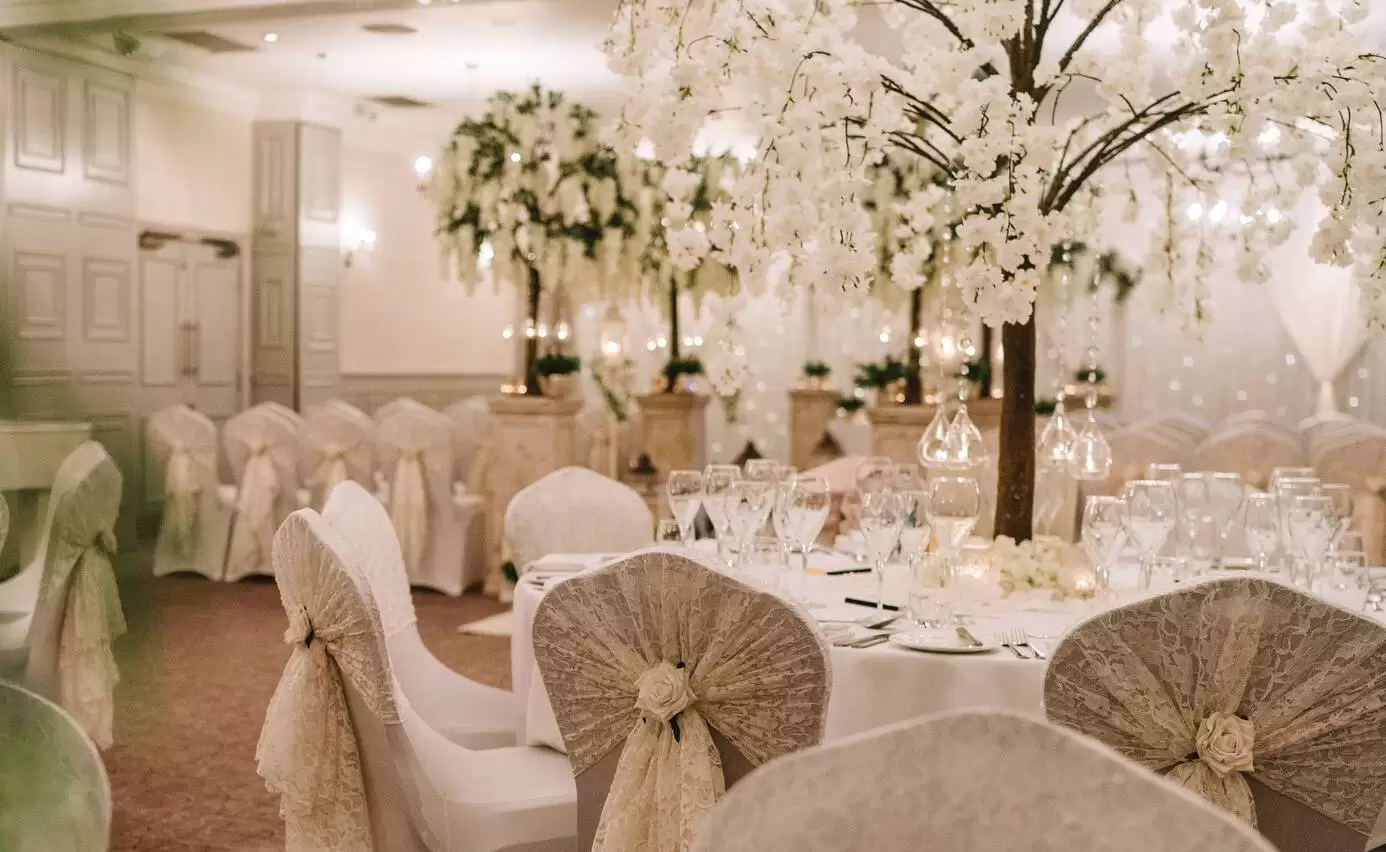Home treatments
From fillers to facials: Has lockdown changed our beauty behaviours?
Whether it was an at home swedish neck and shoulders massage or maybe even a full body wax… Brits didn’t shy away from giving it a go!
We have surveyed the UK public to find out how their beauty treatments have changed in the last year and how doing treatments at home has ended happily or in tears.
Interestingly, one in four people (25%) now feel less pressure to get aesthetic treatments – such as. nails, lashes, tanning and injectables – since the pandemic. A whopping 30% of people now invest more time into self care, including the likes of skincare, waxing and facials. This shift in priorities highlights how far the pandemic has transformed the nation’s views on beauty and self care.
The true cost of beauty
Our survey looked into how spending habits have changed throughout the pandemic, with cities such as Birmingham revealing that 1 in 5 people are spending more on treatments than they did before lockdown. The data also shows a shift in beauty treatment usage and preferences. 16% of respondents revealed that they’re looking for brand new treatments to invest their money in, which comes as little surprise given 23% of people divulged that investing in their self care has had a positive impact on their mental health since the pandemic.
While the people of Cardiff are embracing holistic treatments for their wellbeing the most, where in the UK is investing in self care?
The perils of home treatments
When the UK saw salons, beauty shops and spas close for several months, a lot of people wondered where they would get their next beauty fix - whether that was a massage, a pedicure or even a facial. Over 1 in 10 (13%) of the UK admitted to having tried a home treatment that has gone wrong, but luckily only 6% revealed their attempts resulted in injury (and if you’re enrolling your partner to help with those home treatments, keep in mind that men have had more at-home treatments injuries than women!)
While beauty therapists were not able to work during the restrictions, we had to turn to the people we lived with to help us keep us looking our best. Getting that up close and personal could be said to make or break relationships, but did it bring you closer to your partner? Well, 17% of people say it did - but it was definitely working for people in relationships much more than the married or engaged couples.
What does self care mean to you?
Self care can mean different things to everyone; for some it is taking a nice long walk, for others it is a face mask and a bath, while for some it can be meditation. We asked Brits ‘What does self care mean to you?’ and here are the key themes they told us.
The research was conducted by Censuswide with 2,000 general consumers (nat rep) aged 18+ between 16.06.21 to 18.06.21. Censuswide abide by and employ members of the Market Research Society which is based on the ESOMAR principles.


